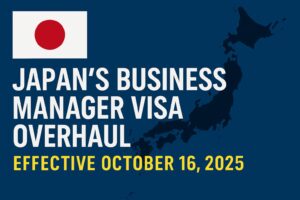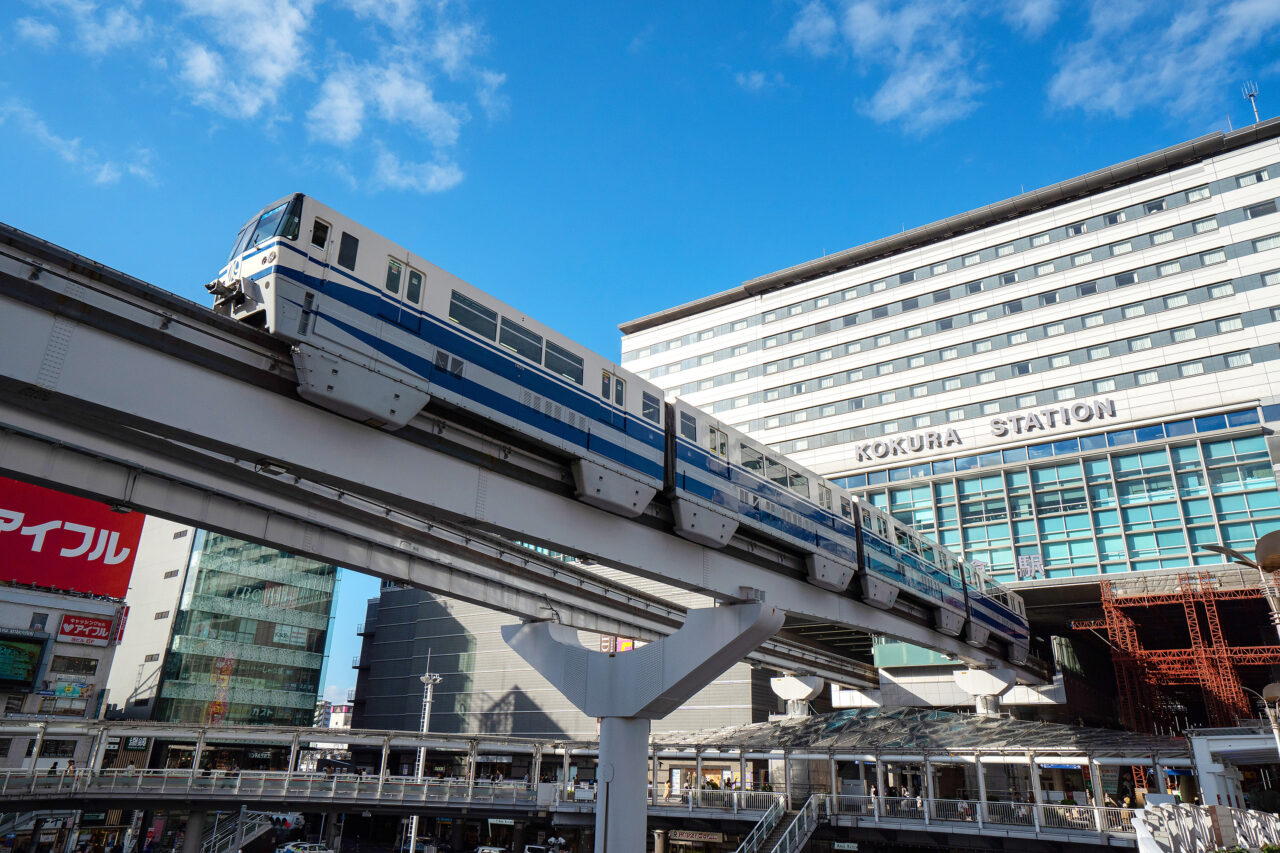“Self-Sponsored Visa” is a term often heard among foreign freelancers and part-timers in Japan. But is it a real visa category? This article explains the concept, legal background, real-life cases, required documents, and risks, with a focus on the Engineer/Humanities/International Services visa.
▶ Who should read this?
- Foreigners who want to work in Japan as a freelancer
- International students wishing to continue their self-employed business after graduation
- Anyone interested in the term “Self-Sponsored Visa”
1. “Self-Sponsored Visa” is not a legally defined category in Japan
The term “Self-Sponsored Visa” is not officially used in documents issued by Japan’s Ministry of Justice or Immigration Services Agency. It is a popular term used by blogs and informal sources.
However, under specific conditions, it is possible to obtain or renew a visa while working on a contract basis (freelance) without being formally employed by a Japanese company.
This flexibility is rooted in Articles 7 and 19 of the Immigration Control and Refugee Recognition Act (Immigration Act), which allow for individual assessment based on whether the foreigner’s activities match the permitted scope of the visa, and whether stable income can be proven.
2. Types of visas that may allow “self-sponsored” arrangements
▶ Main applicable visa types:
- Engineer / Specialist in Humanities / International Services (a.k.a. “Engineer/Humanities/Intl.”) — listed in Appended Table 1(2) of the Immigration Act
- Certain types of Designated Activities (with individual permission)
The “Engineer/Humanities/International Services” visa is known for its relative flexibility. Even in non-employment situations such as independent contracting or freelance assignments, this visa may be approved if the applicant can show appropriate work, contract stability, and sufficient income.
3. Real-life approval cases
- Foreign nationals working as interpreters, translators, language instructors, designers, engineers, or models under contracts with multiple Japanese companies
- Monthly income of at least JPY 200,000 to 300,000, with stable and ongoing contracts
- Having a business base in Japan, filing taxes and meeting all reporting obligations
→ In such cases, new applications or renewals have been approved on a case-by-case basis
4. Main requirements (for Engineer/Humanities/International Services visa)
- Contracting parties must generally be Japanese corporations or business operators
- Contract types such as consignment or freelance agreements are acceptable
- Multiple contracts may be combined to meet the income threshold (e.g., over JPY 200,000/month)
- Required documents: contracts, invoices, proof of payments, tax filings (for sole proprietors), etc.
- Work activities must fall under the permitted scope of the visa (engineering, humanities, international services)
5. Points of caution and risks
- “Self-Sponsored Visa” is not a formal visa type; it is merely a label used in certain practical cases
- You cannot “hire yourself” through your own company unless strict legal separation is demonstrated (to avoid sham employment)
- Activities must be based in Japan, and clients must be Japanese entities — overseas-only contracts are usually problematic
- Lack of clarity in work content or financial instability significantly increases the risk of rejection
- Applications with only one short-term contract or low monthly income are often scrutinized more strictly
 If you plan to apply, or already hold this visa,
If you plan to apply, or already hold this visa,start preparing early to align with the new standards.
🔔 Latest Update –
Business Manager Visa Reform (Effective October 16, 2025)
Starting October 16, 2025, Japan’s Business Manager Visa will undergo major changes.
The new requirements include ¥30 million capital, at least one full-time employee,
and B2-level Japanese proficiency (JLPT N2) — making the visa stricter and more professional.
For a detailed breakdown of the reform and what it means for you,
👉 Business Manager Visa Reform 2025 – New Rules & Key Takeaways
6. Summary
- “Self-Sponsored Visa” is not an official term, but in practice, certain cases under the Engineer/Humanities/Intl. visa category may allow for freelance-style work
- Immigration authorities will evaluate the actual content of your work, contract details, and income stability
- Freelance or multi-client working styles are possible, but only with clear documentation and tax compliance
- Do not apply casually — serious preparation and awareness of legal risks are required
- To avoid misunderstandings or trouble, consult a qualified immigration expert early in the process
If you have questions about this visa, we offer paid online consultations. Please book using the form or our official LINE account.
(Please note: we do not offer free consultations or free responses by email regarding this visa.)
Contact Us
Office Name: Trust Administrative Scrivener Office
Administrative Scrivener: Keiko Utsunomiya
Email: info@trust-gyosei.com










